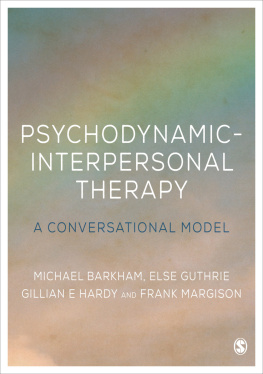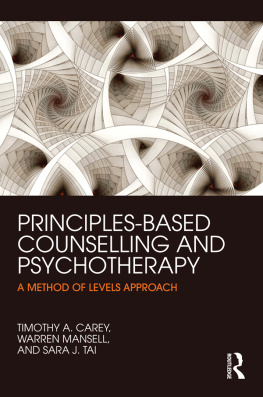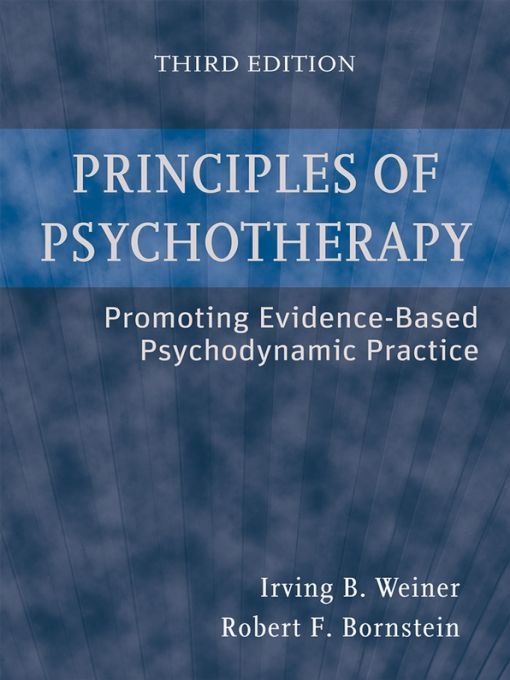Table of Contents
CHAPTER 7 - Conduct of the Interview
This book is printed on acid-free paper.

Copyright 2009 by John Wiley & Sons, Inc. All rights reserved.
Published by John Wiley & Sons, Inc., Hoboken, New Jersey.
Published simultaneously in Canada.
No part of this publication may be reproduced, stored in a retrieval system, or transmitted in any form or by any means, electronic, mechanical, photocopying, recording, scanning, or otherwise, except as permitted under Section 107 or 108 of the 1976 United States Copyright Act, without either the prior written permission of the Publisher, or authorization through payment of the appropriate per-copy fee to the Copyright Clearance Center, Inc., 222 Rosewood Drive, Danvers, MA 01923, (978) 750-8400, fax (978) 646-8600, or on the web at www.copyright.com. Requests to the Publisher for permission should be addressed to the Permissions Department, John Wiley & Sons, Inc., 111 River Street, Hoboken, NJ 07030, (201) 748-6011, fax (201) 748-6008.
Limit of Liability/Disclaimer of Warranty: While the publisher and author have used their best efforts in preparing this book, they make no representations or warranties with respect to the accuracy or completeness of the contents of this book and specifically disclaim any implied warranties of merchantability or fitness for a particular purpose. No warranty may be created or extended by sales representatives or written sales materials. The advice and strategies contained herein may not be suitable for your situation. You should consult with a professional where appropriate. Neither the publisher nor author shall be liable for any loss of profit or any other commercial damages, including but not limited to special, incidental, consequential, or other damages.
Designations used by companies to distinguish their products are often claimed as trademarks. In all instances where John Wiley & Sons, Inc. is aware of a claim, the product names appear in initial capital or all capital letters. Readers, however, should contact the appropriate companies for more complete information regarding trademarks and registration.
For general information on our other products and services please contact our Customer Care Department within the U.S. at (800) 762-2974, outside the United States at (317) 572-3993 or fax (317) 572-4002.
Wiley also publishes its books in a variety of electronic formats. Some content that appears in print may not be available in electronic books. For more information about Wiley products, visit our website at www.wiley.com.
Library of Congress Cataloging-in-Publication Data
Weiner, Irving B.
p.; cm.
Includes bibliographical references and indexes.
eISBN : 978-0-470-49672-5
1. Psychotherapy. 2. Evidence-based psychology. I. Bornstein, Robert F. II. Title.
[DNLM: 1. Psychotherapy-methods. 2. Evidence-Based Medicine-methods. WM 420 W423pa 2009]
RC480.W373 2009
616.8914dc22
2008032170
Preface
PSYCHOTHERAPY HAS BEEN described as both an art and a science. Those who view psychotherapy as an art note that practice and experience are vital in honing the clinicians therapeutic skills; those who view therapy as a science point out that, without a firm bedrock of empirical data, clinicians can never be certain which therapeutic techniques are most effective and can be best employed. A central theme of Principles of Psychotherapy is that psychotherapy is neither art alone nor science alone, but both: Effective psychotherapy is an art that rests on science.
Like its two previous editions, this revision of Principles of Psychotherapy is addressed to psychotherapy practitioners and is primarily a manual of principles for conducting psychotherapy in clinical practice. As before, the text provides detailed guidelines for conducting psychotherapy from the initial evaluation interviews through the termination phase of treatment. These guidelines are amplified throughout with illustrations of what therapists should consider saying and doing in various circumstances and why certain interventions are most likely to be effective.
Two key considerations characterize the presentation of principles in this third edition: first, that the conduct of psychotherapy should be conceptually based, and second, that the conduct of psychotherapy should be evidence based. With respect to the conceptual basis of psychotherapy, the text attends not only to what therapists should do in working with patients, which defines their treatment strategies; and not only to when and how they should do what they do, which comprise their treatment tactics; but also to why they should intervene in certain ways at certain times, which consists of conceptual principles that should always guide a therapists decisions. Conducting psychotherapy within a conceptual framework that helps identify the goals of treatment and strategies and tactics for achieving these goals enhances clinicians capacities to identify appropriate and effective ways of intervening on their patients behalf.
With respect to the evidentiary basis of psychotherapy, the text hews closely to the three widely recognized pillars of evidence in professional practice. First, the presentation of principles in each chapter draws on relevant empirical data wherever such data are available. Second, where adequate research studies do not yet exist, clinical expertise as reported in the literature provides support for the recommendations made. Third, the text attends throughout to formulating interventions that are attentive to patient needs, preferences, and values.
Along with its focus on evidence-based practice, the text includes a case study that illustrates many of the concepts and principles discussed. This case study is presented in two parts, the first of which reviews the background history, clinical evaluation, and treatment planning for Ms. A, a 28-year-old woman with complaints of depression and interpersonal difficulties. The second part describes the course of twice-weekly psychotherapy with Ms. A and includes an annotated verbatim transcript of her 221st session, which took place shortly before termination.
The text has also been updated to keep it current with the literature, especially with respect to the substantial volume of psychotherapy research findings that have been reported in the last dozen years. Of the 667 references cited in the text, 332about halfhave appeared since 1997, when the second edition went into production. Noteworthy in the enriched bibliography of this third edition is the relatively recent but already considerable body of published research demonstrating the impact and effectiveness of psychodynamically oriented psychotherapy.
Any conceptualization of evidence-based practice that balances research findings with clinical experience must acknowledge that scientist- practitioner gaps in defining appropriate practice remain part of the clinical psychology landscape, as was the case when the first and second editions of this book were published in 1975 and 1998. A growing ecumenical spirit in the 21st century is beginning to bridge this gap between practitioners and researchers, but most observers would probably agree there is still a long way to go. It accordingly seems appropriate to restate some comments on this issue from the preface to the previous editions.












